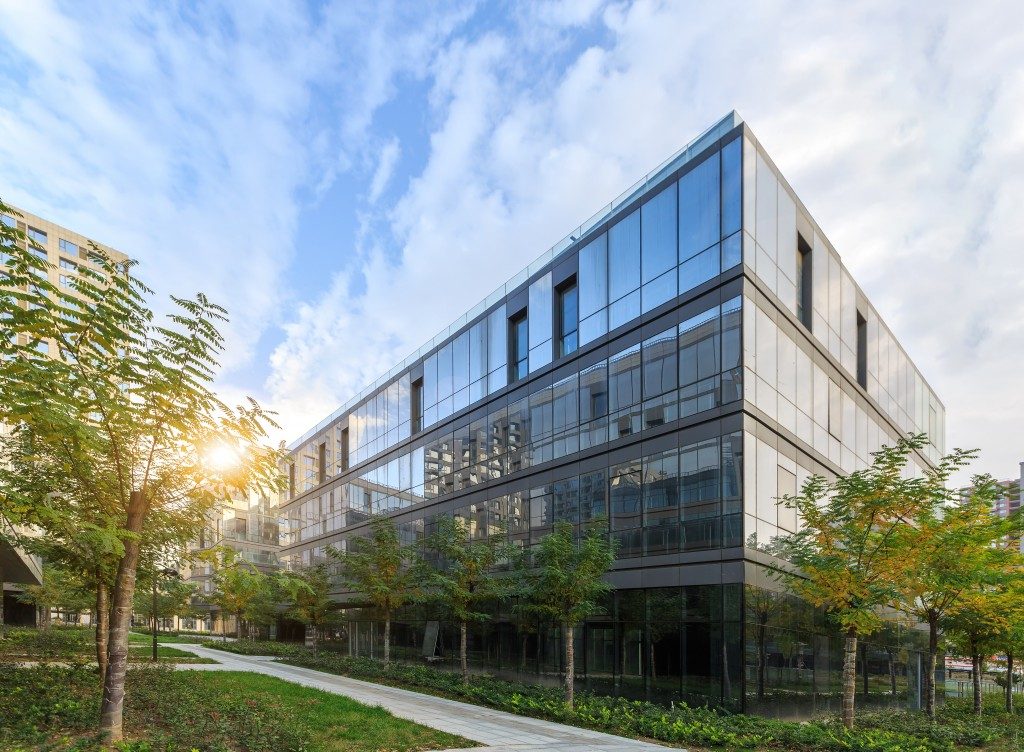In a commercial, public environment – such as the education, healthcare, hospitality and retail sectors – building security is critical for protecting occupants, visitors and property. Failure to secure the building leads to huge losses and gives the company a bad reputation.
Good security, like any business endeavour, requires efficient planning, implementation and management. You need to prioritise safety and commit to establishing a system that works for your business, long term.
While the security needs differ based on the business and the building, being aware of some of the common drawbacks encountered by businesses can make the process more efficient. Here are some of the more common security-related mistakes companies make, and how they can be avoided:

Lack of Security Goals and Objectives
When it comes to security, ask yourself: What problem are you trying to solve? Knowing the answer to this question will help you find the right solutions.
Some specific goals companies have for security include:
- Controlled Entry and Exit Points
Companies can consider an access control and intercom system to monitor the people entering and exiting the building, as well as to regulate employee access throughout different parts of the building. Heavy-duty commercial door closers securely close a door after someone passes through it, leaving it closed and secure from unauthorised persons. Spaces such as parking lots and elevators also require monitoring.
- ID Requirements
IDs and visitors’ badges are essential when controlling access to and within the building. Strictly enforce the “No ID, no entry” policy among employees and even among higher management. Guests should provide a valid proof of identity when checking in the building, and they must wear identifiable visitors’ badges while transacting their business within the premises.
- Asset Protection
Companies with valuable equipment may need access control, an alarm system or video records to monitor what’s happening in specific areas.
Lack of Budget for Security
Failing to budget for security tends to considerably delay the process of choosing and implementing a security system. Part of the problem is that many companies don’t know what to expect when it comes to a security budget. If you don’t know where to start, work with a professional to help you identify your business’ critical needs and help you understand how much you have to spend to implement the system.

Cutting Corners
Some companies try to minimise their security costs by getting lower-cost equipment and setting it up themselves. The problem is they end up paying more when the system doesn’t work, and they need to bring in a professional to get everything working smoothly.
Lack of Protocols and Procedures
Setting up a security system is more than just purchasing and installing equipment. There has to be a set of protocols and procedures, as well as a designated point person to manage the system. Employees must also be trained on security guidelines for proper implementation. Even if you’ve already installed your security system, have a professional evaluate the setup so they can identify cost savings while maximising the security in your building.
The security of your business is definitely not an area where you’d want to make mistakes. The best place to start is to consult a professional so they can find out your business goals and make recommendations.

